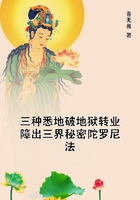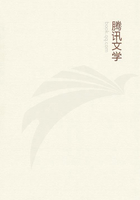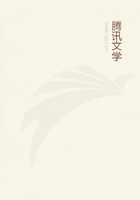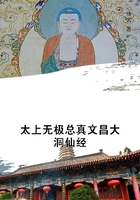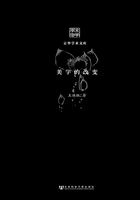A generation ago all Unions were local, and in those days strikes were much more frequent, much oftener unreasonable, and much oftener attended with criminal excesses, than is the case at present. Since then, a number of the most important trades have been formed into Amalgamated Societies extending to the whole country, and a central council decides with a view to the interests of the entire trade, what conditions shall be imposed on employers, and in what cases strikes shall take place. And it is admitted that the rules of these Amalgamated Societies are much less objectionable than those of the local unions previously were, and that the central body prevents many more strikes than it sanctions. The immediate motive to the amalgamations was, of course, the experience that attempts in one town to obtain a rise of wages, only caused the transfer of the business to another. Concert having been at length substituted for competition between different towns, the Unions now aim at effecting the same substitution between different countries: and within the last few years there is a commencement of International Congresses of working people, to prevent the efforts made in one country from being frustrated for want of a common understanding with other countries. And there can be little doubt that these attempts to lay the foundation of an alliance among the artisans of competing countries, have already produced some effect, and will acquire increasing importance.
There is, however, another, and a less elevated, but not fallacious point of view, from which the apparent injustice of Unionism to the non-united classes of labourers may be morally vindicated to the conscience of an intelligent Unionist. This is the Malthusian point of view, so blindly decried as hostile and odious, above all, to the labouring classes. The ignorant and untrained part of the poorer classes (such Unionists may say) will people up to the point which will keep their wages at that miserable rate which the low scale of their ideas and habits makes endurable to them.
As long as their minds remain in their present state, our preventing them from competing with us for employment does them no real injury; it only saves ourselves from being brought down to their level. Those whom we exclude are a morally inferior class of labourers to us; their labour is worth less, and their want of prudence and serf-restraint makes them much more active in adding to the population. We do them no wrong by intrenching ourselves behind a barrier, to exclude those whose competition would bring down our wages, without more than momentarily raising theirs, but only adding to the total numbers in existence. This is the practical justification, as things now are, of some of the exclusive regulations of Trades' Unions.
If the majority of their members look upon this state of things, so far as the excluded labourers are concerned, with indifference, and think it enough for the Unions to take care of their own members, this is not more culpable in them than is the same indifference in classes far more powerful and more privileged by society. But it is a strong indication of a better spirit among them, that the operatives and artisans throughout the country form the main strength of the demand, rapidly becoming irresistible, for universal and compulsory education. The brutish ignorance of the lowest order of unskilled labourers has no more determined enemies, none more earnest in insisting that it be cured, than the comparatively educated workmen who direct the Unions.
The moral duties which Unionists owe to society at large--to the permanent interest of the nation and of the race--are still less regarded than the duties imposed by good feeling towards their own class. There is as little practical sense of such duties in the minds of workmen as in those of employers--and there can scarcely be less. Yet it is evident (for instance) that it cannot be fight that a contest between two portions of society as to the terms on which they will co-operate, should be settled by impairing the efficacy of their joint action. There must be some better mode of sharing the fruits of human productive power than by diminishing their amount. Yet this is not only the effect, but the intention, of many of the conditions imposed by some Unions on workmen and on employers. All restrictions on the employment of machinery, or on arrangements for economising labour, deserve this censure.

